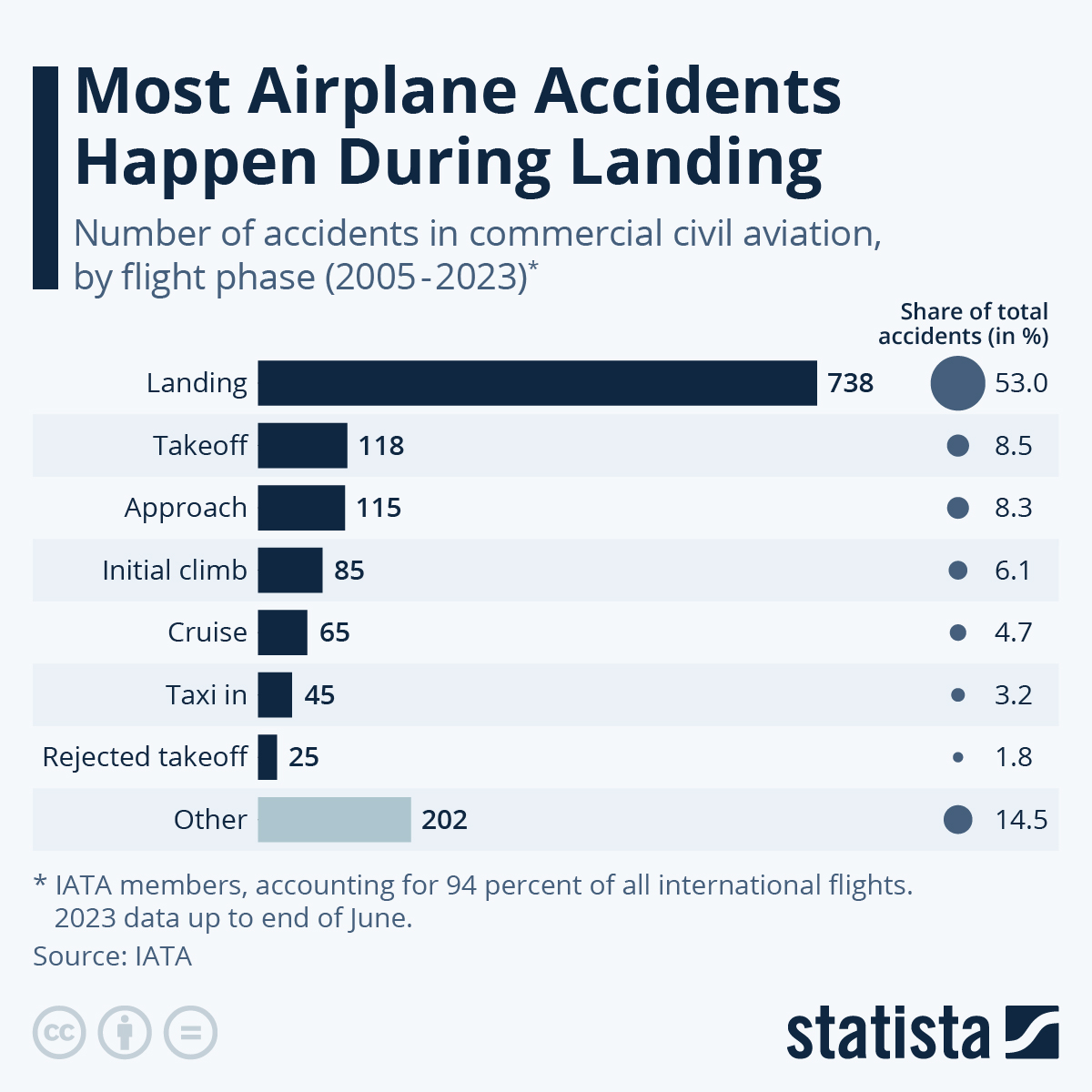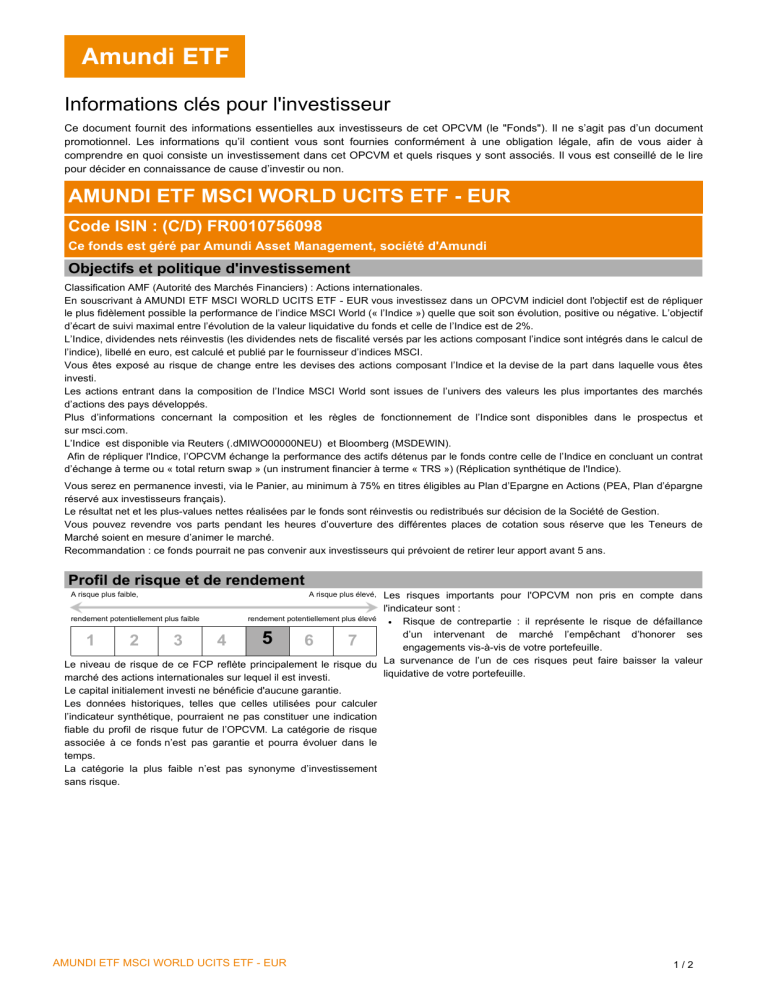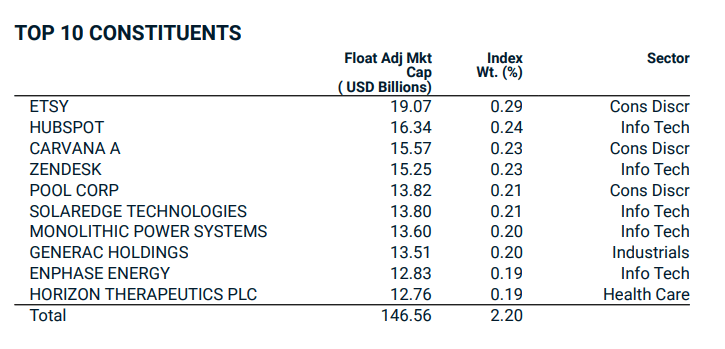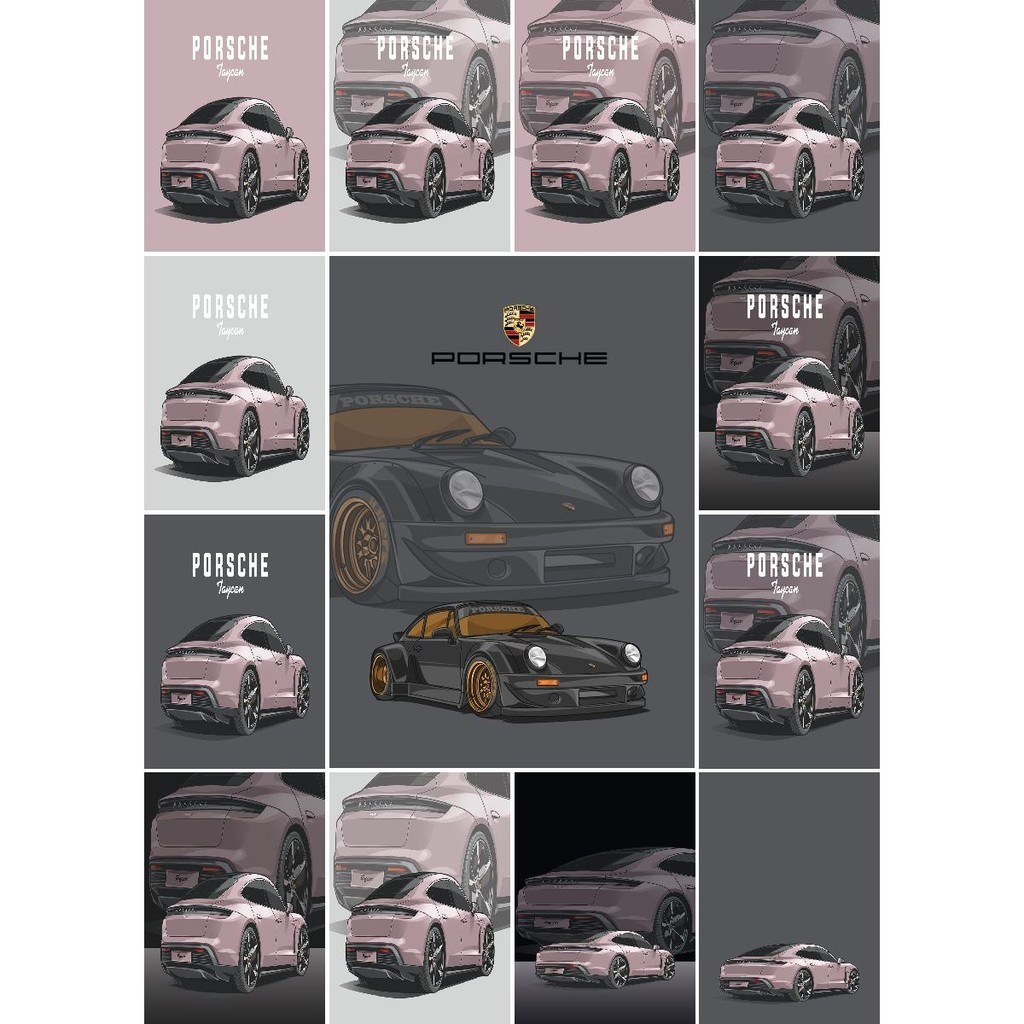Luxury Car Brands In China: Case Studies Of BMW And Porsche's Market Performance

Table of Contents
BMW's Success in the Chinese Luxury Car Market
BMW's dominance in the Chinese luxury car segment is a testament to its strategic adaptability. Their success can be attributed to a multi-pronged approach encompassing localized marketing, technological innovation, and proactive management of challenges.
Localized Marketing and Product Adaptation
BMW's success hinges on understanding and catering to the unique preferences of Chinese consumers. This is evident in their approach to:
- Tailored Marketing Campaigns: BMW employs culturally relevant marketing campaigns, leveraging popular social media platforms like WeChat and Weibo to connect with their target audience. Celebrity endorsements and partnerships with influential local brands further enhance brand visibility and trust.
- Product Adaptation: Recognizing the preference for larger vehicles, BMW offers long-wheelbase versions of many of its models, specifically designed to accommodate Chinese consumer preferences for spacious interiors. This adaptation extends to infotainment systems and other features designed to resonate with the local market.
- Robust Dealer Network: A strong, nationwide dealer network with top-notch after-sales service is crucial in building customer confidence and loyalty. BMW’s extensive network ensures convenient access to maintenance and repairs, a critical factor in building trust among affluent consumers.
For instance, BMW's successful campaigns often feature Chinese celebrities and integrate traditional Chinese aesthetics into their marketing materials, fostering a sense of cultural connection. This deep understanding of the market is vital to their success.
Technological Innovation and Brand Prestige
BMW’s commitment to technological innovation further solidifies its position. The company consistently invests in:
- Electric Vehicles (EVs): BMW's strategic push towards electric vehicles caters to China's growing environmental awareness and government incentives for electric car adoption. This proactive approach secures a significant competitive edge.
- Autonomous Driving Technology: Investment in autonomous driving technologies positions BMW as a leader in future automotive trends, appealing to tech-savvy Chinese consumers.
- Exclusive Events and Collaborations: BMW maintains its brand prestige through exclusive events and collaborations with luxury brands, reinforcing its image as a symbol of high status and success.
This focus on technological advancement, coupled with their steadfast maintenance of brand prestige, elevates BMW beyond a simple car manufacturer and positions it as a purveyor of a sophisticated lifestyle.
Challenges Faced by BMW in China
Despite its success, BMW faces several challenges:
- Intense Competition: The Chinese luxury car market is fiercely competitive, with established international brands and increasingly powerful domestic players vying for market share.
- Economic Fluctuations: Economic downturns or shifts in consumer sentiment can significantly impact demand for luxury goods, requiring BMW to adapt its strategies accordingly.
- Regulatory Hurdles: Navigating the complex regulatory environment in China, including import tariffs and emission standards, requires continuous effort and adaptation.
BMW’s continued success hinges on its ability to proactively address these challenges and maintain its competitive edge in this dynamic market.
Porsche's Strategy and Performance in the Chinese Luxury Car Market
Porsche's strategy in China differs somewhat from BMW's, focusing on high-performance vehicles and brand exclusivity.
Focus on High-Performance Vehicles and Brand Exclusivity
Porsche's success is deeply rooted in:
- High-Performance Sports Cars and SUVs: Porsche’s emphasis on high-performance vehicles resonates strongly with affluent Chinese consumers who value power, prestige, and driving experience.
- Limited Edition Models and Personalized Services: Porsche maintains exclusivity through limited edition models and personalized services, catering to the desires of discerning high-net-worth individuals.
- Strong Community Building: Porsche actively cultivates a strong sense of community amongst its owners through exclusive events and experiences, fostering brand loyalty and advocacy.
Porsche cleverly leverages this sense of exclusivity, creating a desirable brand image that appeals to a specific segment of the luxury car market.
Digital Marketing and Customer Engagement
Porsche leverages the power of digital marketing to enhance customer engagement:
- Digital Channels for Marketing and Customer Service: Porsche utilizes online channels extensively for marketing, sales, and customer service, maximizing reach and efficiency in a digitally-savvy market.
- Online Platforms for Customer Interaction: Interactive online platforms allow Porsche to engage directly with potential customers, providing personalized information and building relationships.
- Social Media Engagement: Strategic social media campaigns build brand awareness and create a buzz around new models and events.
This digital-first approach is critical in reaching and engaging the tech-savvy consumers of the Chinese luxury car market.
Overcoming Challenges in the Chinese Market
Porsche also faces its share of challenges:
- Import Tariffs and Regulations: Navigating import tariffs and complying with stringent regulatory requirements adds complexity to Porsche's operations in China.
- Infrastructure Adaptation: Adapting its sales and service infrastructure to meet growing demand requires significant investment and careful planning.
- Balancing Exclusivity and Accessibility: Maintaining brand exclusivity while expanding market reach requires a delicate balance.
Porsche's success relies on its ability to overcome these hurdles and adapt to the evolving dynamics of the Chinese luxury car market.
Conclusion
Both BMW and Porsche have demonstrated remarkable success in the Chinese luxury car market. Their success stories highlight the importance of adapting to local preferences, investing in technological innovation, and nurturing a strong brand image. However, the intense competition and the ever-changing consumer preferences necessitate ongoing adaptation and strategic planning. Understanding the strategic maneuvers of these leading brands offers valuable insights for other luxury car brands interested in exploring the vast potential of the Chinese market. Further study into the evolving landscape of luxury car brands in China is crucial for future success in this dynamic and lucrative segment. Begin your own exploration of the Chinese luxury car market today to identify opportunities for your brand.

Featured Posts
-
 Mayysta Athka Yelken Acan 3 Burc Athk Cekimi Kapyda
May 23, 2025
Mayysta Athka Yelken Acan 3 Burc Athk Cekimi Kapyda
May 23, 2025 -
 Understanding Airplane Safety Frequency Of Incidents And Accidents
May 23, 2025
Understanding Airplane Safety Frequency Of Incidents And Accidents
May 23, 2025 -
 Cobra Kai Maintaining Continuity With The Karate Kid Films
May 23, 2025
Cobra Kai Maintaining Continuity With The Karate Kid Films
May 23, 2025 -
 Honeywell To Acquire Johnson Mattheys Catalyst Technologies Expanding Its Portfolio
May 23, 2025
Honeywell To Acquire Johnson Mattheys Catalyst Technologies Expanding Its Portfolio
May 23, 2025 -
 Milly Alcocks Supergirl Role In Netflixs Sirens A Cult Thriller
May 23, 2025
Milly Alcocks Supergirl Role In Netflixs Sirens A Cult Thriller
May 23, 2025
Latest Posts
-
 Amundi Msci All Country World Ucits Etf Usd Acc A Guide To Net Asset Value Nav
May 24, 2025
Amundi Msci All Country World Ucits Etf Usd Acc A Guide To Net Asset Value Nav
May 24, 2025 -
 Amundi Msci World Catholic Principles Ucits Etf Acc A Guide To Its Net Asset Value
May 24, 2025
Amundi Msci World Catholic Principles Ucits Etf Acc A Guide To Its Net Asset Value
May 24, 2025 -
 Net Asset Value Nav Of Amundi Msci World Ii Ucits Etf Dist A Detailed Explanation
May 24, 2025
Net Asset Value Nav Of Amundi Msci World Ii Ucits Etf Dist A Detailed Explanation
May 24, 2025 -
 Apakah Mtel Dan Mbma Layak Dibeli Setelah Masuk Msci Small Cap
May 24, 2025
Apakah Mtel Dan Mbma Layak Dibeli Setelah Masuk Msci Small Cap
May 24, 2025 -
 Karya Seni Dan Mobil Klasik Porsche Indonesia 2025
May 24, 2025
Karya Seni Dan Mobil Klasik Porsche Indonesia 2025
May 24, 2025
